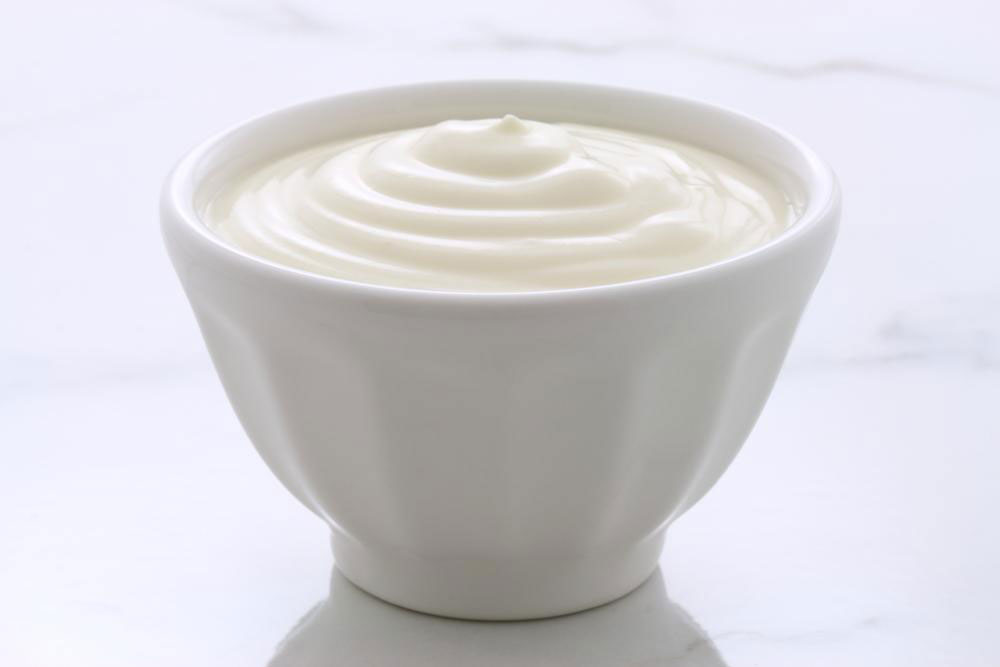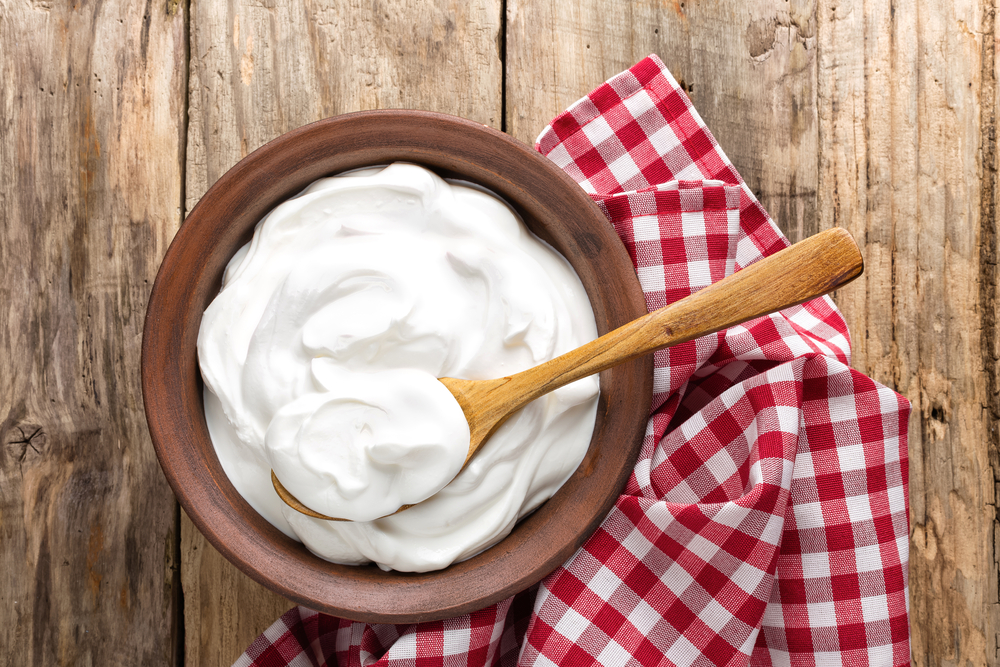Comprehensive Guide to Probiotic Yogurt Varieties for Enhanced Digestive Health
This comprehensive guide explores various probiotic yogurt types, including Greek yogurt, kefir, Balkan styles, Skyr, and non-dairy options. It highlights their health benefits, unique features, and tips for selecting the best probiotic yogurt suited to individual dietary needs. Emphasizing gut health, immunity, and nutritional value, the article aims to help readers make informed choices for a healthier lifestyle through probiotic fermented foods.

Probiotic yogurt has become a staple in health-conscious diets around the world, thanks to its rich probiotic content that promotes optimal gut health. This fermented dairy product is celebrated for supporting digestion, boosting immune function, and maintaining a balanced gut microbiome. Over the years, a variety of probiotic yogurts have emerged, each with unique qualities that cater to different tastes, dietary needs, and health goals. In this comprehensive guide, we delve into the diverse types of probiotic yogurt, exploring their origins, benefits, and what makes each one distinctive.
Probiotic yogurt is primarily created through fermentation, where live beneficial bacteria such as Lactobacillus and Bifidobacteria strains are introduced into milk or plant-based alternatives. These microorganisms play a vital role in breaking down lactose, the sugar found in milk, making yogurt easier to digest for people with lactose intolerance. Beyond digestion, these probiotic strains help stabilize gut flora, enhance nutrient absorption, and strengthen the body's immune defenses.
Among the most common types of probiotic yogurt are low-fat yogurt, Greek yogurt, stirred yogurt, Balkan style yogurt, kefir, Skyr, frozen yogurt, and non-dairy options. Each of these varieties offers unique textures, flavors, and nutritional profiles tailored to different preferences and dietary restrictions.
Greek Yogurt: Thick, Creamy, and Protein-Rich
Greek yogurt stands out as one of the most popular probiotic yogurts globally. Its distinctive thick and creamy texture results from straining out whey, which concentrates the solids and enhances its richness. Greek yogurt is particularly favored among athletes, fitness enthusiasts, and those seeking high-protein diets because of its substantial protein content, which can contain twice as much protein as regular yogurt.
The probiotic strains present in Greek yogurt confer significant health benefits. They support gut health by maintaining a balanced microbiome, potentially alleviating symptoms of gastrointestinal discomfort, and enhancing overall immunity. Additionally, Greek yogurt's high protein and low sugar profile make it an ideal snack or meal component for weight management and muscle building.
Kefir: The Fermented Drink with Versatile Benefits
Kefir is a fermented dairy drink produced by fermenting milk with kefir grains, a combination of bacteria and yeast. It is renowned for its rich probiotic diversity, often containing around 10-20 different strains, making it one of the most potent probiotic sources on the market. Its tangy taste and liquid consistency make kefir a versatile beverage suitable for drinking standalone or incorporating into smoothies and recipes.
Kefir's probiotic richness aids in restoring gut flora balance, supporting digestion, and potentially reducing inflammation. It also provides a multitude of vitamins, minerals, and bioactive compounds that contribute to overall health. Because kefir can be made from various types of milk—including cow, goat, or plant-based alternatives—it offers options for individuals with different dietary preferences.
Stirred and Balkan Yogurt: Traditional Fermentation Styles
Stirred yogurt refers to the traditional style of fermented yogurt that is manually or mechanically stirred to achieve a smooth consistency. It is often found in European markets and is prized for its creamy texture and rich flavor profile. Balkan yogurt, specifically popular in countries like Bulgaria and Serbia, is similar but often has a slightly tangier taste with a slightly thicker texture.
Both serve as excellent sources of probiotics and have cultural significance rooted in their traditional fermentation methods. They help promote healthy digestion and can be enjoyed on their own or used as ingredients in various recipes.
Skyr: Icelandic Protein Powerhouse
Skyr, originating from Iceland, is a thick, high-protein dairy product that resembles Greek yogurt but is technically classified as a cheese. Its high protein content, combined with its smooth and creamy texture, makes it attractive for those aiming to increase muscle mass or support satiety. Skyr is rich in live cultures, which aid in digestion and enhance gut health.
Non-Dairy and Vegan Probiotic Yogurt Options
With the rising awareness of lactose intolerance, veganism, and plant-based diets, non-dairy probiotic yogurts have gained impressive popularity. These products are made from soy, coconut, almond, cashew, or oats and are infused with live probiotic cultures similar to traditional dairy-based yogurts. They offer consumers the benefits of probiotics while adhering to dietary restrictions or preferences.
Non-dairy probiotic yogurts provide an excellent source of beneficial bacteria, support digestive health, and often come fortified with nutrients like calcium and vitamin D to match the nutritional profile of their dairy counterparts.
Choosing the Right Probiotic Yogurt for Your Health
When selecting a probiotic yogurt, consider the following factors: the diversity and number of probiotic strains, live culture counts (measured in CFUs), nutritional content, and whether it aligns with your dietary needs. Always check labels for added sugars or artificial ingredients, especially if you're aiming for a health-focused approach.
Incorporating a variety of probiotic yogurts into your diet can maximize health benefits. For example, rotating between Greek yogurt, kefir, and non-dairy options can introduce different probiotic strains and nutrients, supporting a diverse and resilient gut microbiome.
The Role of Probiotic Yogurt in a Healthy Lifestyle
Probiotic yogurt is more than just a snack; it is a functional food that can significantly enhance digestive health, bolster immunity, and contribute to overall well-being. Regular consumption, combined with a balanced diet rich in fiber, fruits, vegetables, and physical activity, forms the foundation of a healthy lifestyle.
Moreover, choosing high-quality probiotic yogurts from reputable brands ensures that you receive the full spectrum of health benefits. Proper storage, such as refrigeration and consumption before expiry, is crucial to maintaining live cultures' viability.
In conclusion, understanding the different varieties of probiotic yogurts empowers consumers to make informed choices tailored to their health goals and dietary preferences. Whether you prefer the creamy richness of Greek yogurt, the tangy punch of kefir, or the vegan-friendly options, incorporating these fermented foods can play a pivotal role in supporting long-term digestive health and overall wellness.





